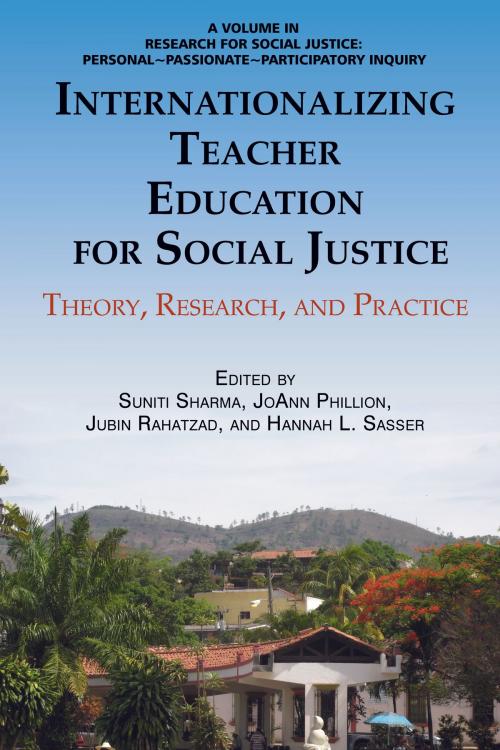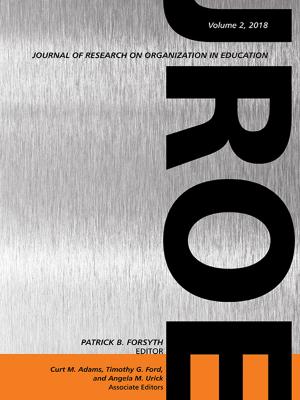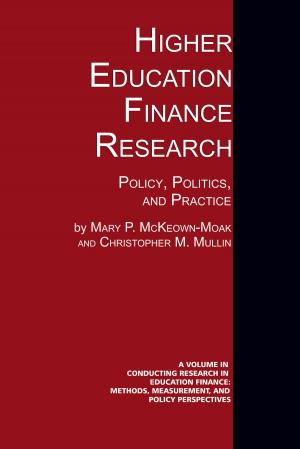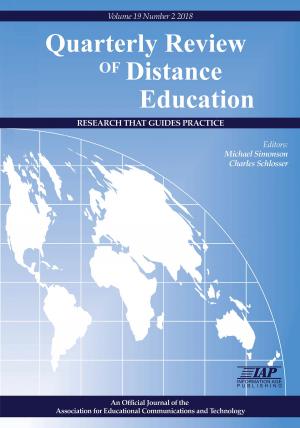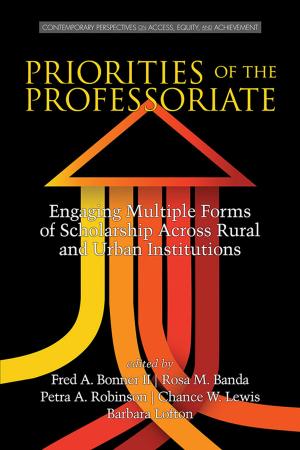Internationalizing Teacher Education for Social Justice
Theory, Research, and Practice
Nonfiction, Reference & Language, Education & Teaching, Educational Theory, Leadership| Author: | ISBN: | 9781623966065 | |
| Publisher: | Information Age Publishing | Publication: | March 1, 2014 |
| Imprint: | Information Age Publishing | Language: | English |
| Author: | |
| ISBN: | 9781623966065 |
| Publisher: | Information Age Publishing |
| Publication: | March 1, 2014 |
| Imprint: | Information Age Publishing |
| Language: | English |
In Internationalizing Teacher Education for Social Justice: Theory, Research, and Practice, editors Suniti Sharma, JoAnn Phillion, Jubin Rahatzad, and Hannah L. Sasser present a collection of personal, passionate, and participatory global perspectives of teacher educators on internationalizing teacher education for social justice. The reader will encounter each author’s personal and professional journey into global classrooms for internationalizing teacher education and supporting future teachers in developing competencies necessary for addressing the academic needs of diverse K12 classrooms. This collection provides a broad, critical, and interpretive overview of shifts in U.S. and global perspectives to offer transformative frameworks and strategies on preparing K12 teachers to meet the complex demands for skills in the twentyfirst century. The global tenor of this book, framed by theory, research, and practice spanning several countries provides a timely contribution to internationalizing teacher education for social justice in the twentyfirst century. The authors’ dedication to preparing teachers who have knowledge of world cultures and global issues, combined with a deep commitment to social justice for promoting equity in education, informs each chapter. The authors take up the internationalization of teacher education for social justice as both an opportunity and a challenge, transcending rhetoric to meaningful action, situating their global understanding to inform readers of critical engagement with, and examination of, theory, research, and practice for effecting social and educational change.
In Internationalizing Teacher Education for Social Justice: Theory, Research, and Practice, editors Suniti Sharma, JoAnn Phillion, Jubin Rahatzad, and Hannah L. Sasser present a collection of personal, passionate, and participatory global perspectives of teacher educators on internationalizing teacher education for social justice. The reader will encounter each author’s personal and professional journey into global classrooms for internationalizing teacher education and supporting future teachers in developing competencies necessary for addressing the academic needs of diverse K12 classrooms. This collection provides a broad, critical, and interpretive overview of shifts in U.S. and global perspectives to offer transformative frameworks and strategies on preparing K12 teachers to meet the complex demands for skills in the twentyfirst century. The global tenor of this book, framed by theory, research, and practice spanning several countries provides a timely contribution to internationalizing teacher education for social justice in the twentyfirst century. The authors’ dedication to preparing teachers who have knowledge of world cultures and global issues, combined with a deep commitment to social justice for promoting equity in education, informs each chapter. The authors take up the internationalization of teacher education for social justice as both an opportunity and a challenge, transcending rhetoric to meaningful action, situating their global understanding to inform readers of critical engagement with, and examination of, theory, research, and practice for effecting social and educational change.
